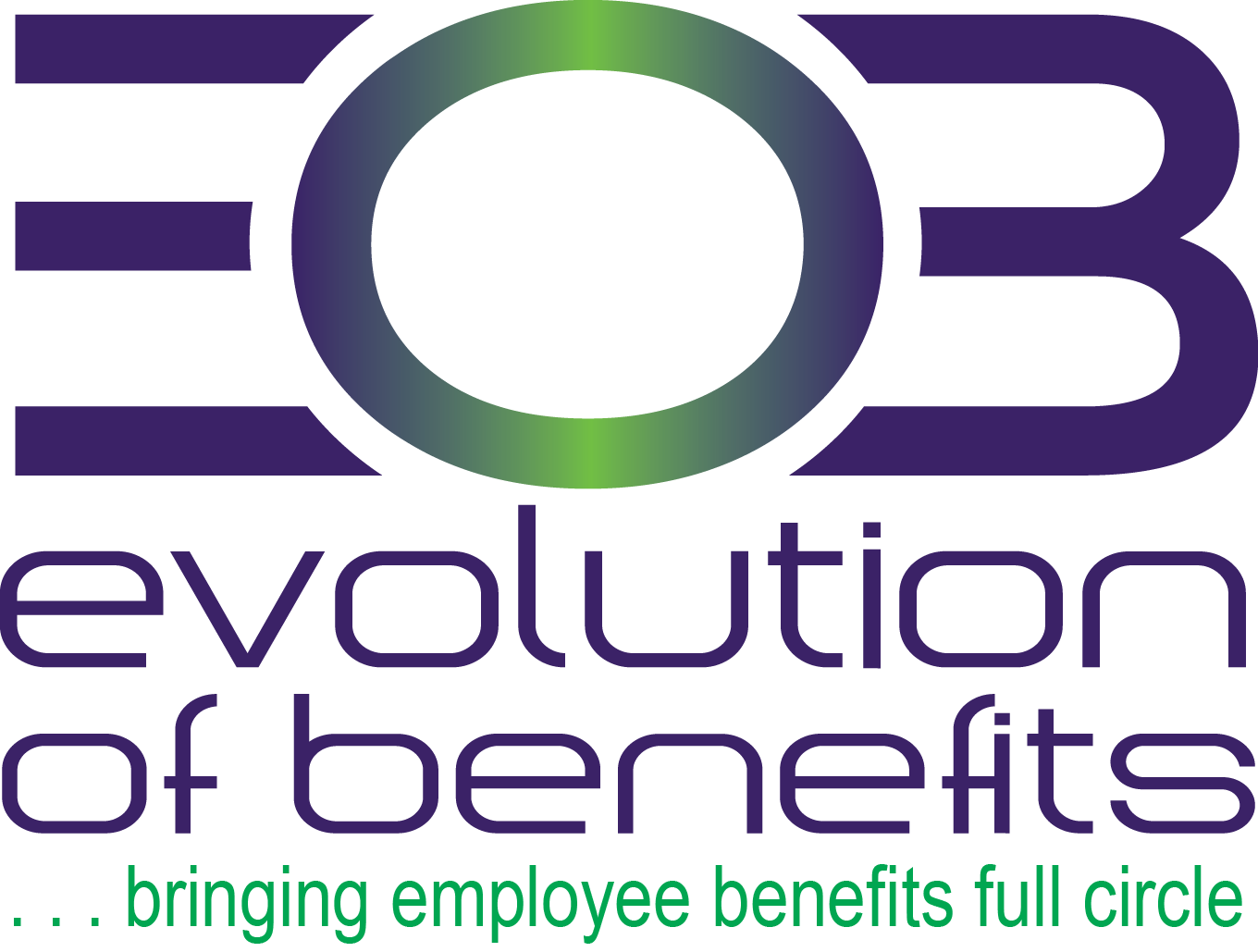Legal Update: EEOC Releases Final Rule Implementing Pregnant Workers Fairness Act

On April 15, 2024, the U.S. Equal Employment Opportunity Commission (EEOC) released a final rule to implement the Pregnant Workers Fairness Act (PWFA). The final rule clarifies definitions and limitations under the PWFA and seeks to help employers understand their duties under the law. The final regulation will be published in the Federal Register on April 19, 2024, and becomes effective on
June 18, 2024.
Legal Update: Deadline Reminder: RxDC Reports Are Due by June 1, 2024

Group health plans and health insurance issuers must annually submit detailed information on prescription drug and health care spending to the federal government. This reporting is referred to as the “prescription drug data collection” (or “RxDC report”). This is an annual reporting requirement—plans and issuers must submit these reports by June 1 of each year
The next RxDC report is due by Saturday, June 1, 2024, covering data for 2023.
Legal Update: US Supreme Court Rules That Mandatory Job Transfer Can Be Discriminatory Under Title VII

On April 17, 2024, the U.S. Supreme Court issued a unanimous decision in Muldrow v. City of St. Louis, holding that a mandatory job transfer can constitute illegal discrimination under Title VII of the Civil Rights Act of 1964 (Title VII) if it causes harm with respect to an identifiable term or condition of employment, even if the harm is not significant.
Employers may consider greater care in mandating employee transfers, including lateral job transfers, to ensure that such decisions are not discriminatory and do not result in even insignificant harm with respect to identifiable terms and conditions of employment.
Legal Update: ACA Information Reporting Penalties Increased for Returns Filed in 2025

IRS Revenue Procedure 2023-34 includes updated penalty amounts that may apply to reporting entities that fail to comply with the Affordable Care Act’s (ACA) requirements under Internal Revenue Code Sections 6055 and 6056. The increased amounts apply to 2024 information returns and individual statements that are required to be filed and furnished in 2025.
Legal Update: Upcoming EEO-1 Reporting Deadlines

Under Title VII of the Civil Rights Act (Title VII), employers with 100 or more employees and certain federal contractors must submit a report about their workforces to the Equal Employment Opportunity Commission (EEOC) by March 31 every year.
The EEOC expects to open the portal for employers to begin entering 2023 EEO-1 information on April 30, 2024. The EEOC has also set a new deadline of June 4, 2024, for the 2023 reports.
Legal Update: Biden Budget Proposes National Paid Family and Medical Leave

President Joe Biden’s proposed budget for fiscal year 2025 includes a national paid family and medical leave program and urges Congressional action on mandatory paid sick leave.
Biden’s budget would establish a national paid family and medical leave program that would be administered by the Social Security Administration and provide workers with progressive, partial wage replacement to take time off for family and medical reasons.
Legal Update: EEOC Releases Data Dashboard from 2017 and 2018 Pay Data Collec

***For Private Groups 100+ or Federal Contractors 50+
On March 12, 2024, the U.S. Equal Employment Opportunity Commission (EEOC) made available aggregated data it received from employers and certain federal contractors regarding employee pay band by race, sex, ethnicity and job group during 2017 and 2018. This information is now available on a new interactive data dashboard called “EEOC Explore” that aims to promote pay equality by allowing industries, employers and individuals to assess how their pay by sexand race compares to others in their industry, job category or state.
Legal Update: DHS Ends Temporary COVID-19 Policy for Form I-9 Expired Documents

On May 1, 2022, the U.S. Department of Homeland Security (DHS) ended the COVID-19 Temporary Policy for List B Identity Documents. As a result, employers are no longer allowed to accept expired List B documents when individuals fill out their Form I-9. In addition, if an employee presented an expired List B document between May 1, 2020, and April 30, 2022, employers are required to update their Form I-9 by July 31, 2022.
Now that document issuing agencies have reopened, employers will need to update Form I-9 for employees who used expired documents from List B.
Important Dates:
- May 1, 2022
- Expiration date of the DHS temporary policy that allowed employers to accept expired documents from the Form I-9 B list
- July 31, 2022
- Deadline for employers to update Form I-9 for employees who used expired documents from List B
Legal Update: IRS Raises Mileage Rates for Second Half of 2022

For the first time since 2011, the IRS has made a midyear adjustment to the optional mileage rate used to calculate the deductible costs of operating an automobile for business and other specific purposes. The agency said the change is in recognition of recent gasoline price increases.
As a result of increased gas prices, the IRS has raised standard mileage rates.
Standard Rates as of July 1:
- Business Use
- The standard rate for business travel has been increased to 62.5 cents per mile.
- Moving (Armed Forces Only) or Medical Care
- The standard rate has been increased to 22 cents per mile.
- Charitable Purpose
- The standard mileage rate remains 14 cents per mile.
Legal Update: Final Notice of Benefit and Payment Parameters for 2023

On April 28, 2022, the Department of Health and Human Services (HHS) filed its final Notice of Benefit and Payment Parameters for 2023. This final rule describes benefit and payment parameters under the Affordable Care Act (ACA) that apply for the 2023 benefit year.
HHS finalized benefit and payment standards that will apply for the 2023 benefit year.
Highlights:
- Dec. 28, 2021
- The proposed Notice of Benefit and Payment Parameters for 2023 was released.
- April 28, 2022
- The final Notice of Benefit and Payment Parameters for 2023 was issued.
- 2023 Benefit Year
- The changes included in the final rule will generally apply for the 2023 benefit year.




















